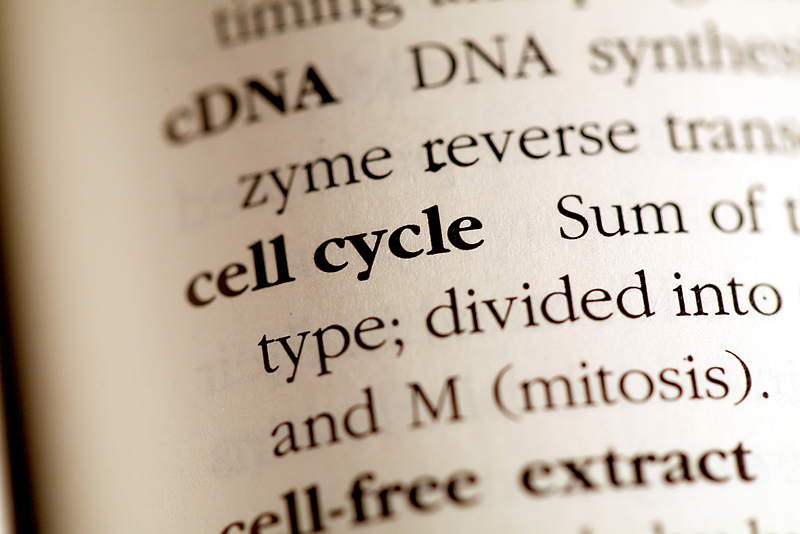
THURSDAY, June 13 (HealthDay News) — In a decision that could have far-reaching implications for medicine, the U.S. Supreme Court on Thursday ruled that human genes cannot be patented.
The ruling could be a blow to drug companies such as Myriad Genetics, whose effort to patent an isolated form of a gene that might foretell cancer risk was at the center of the case. The high court decided that, unlike drugs or medical devices, human genes are not “created” by companies and therefore cannot be patented, USA Today reported.
“Myriad did not create anything,” Justice Clarence Thomas wrote in the unanimous decision. “To be sure, it found an important and useful gene, but separating that gene from its surrounding genetic material is not an act of invention.”
Still, the justices did say that Myriad or companies like it might be able to patent forms of DNA that were not simply extracted from genes taken from the human body.
According to USA Today, the judges’ nine-to-zero decision was in line with past decisions that have ruled that forces of nature are not patent-eligible, while products of human invention are.
The decision may have a profound impact on the bottom line of companies that sell genetic tests. According to USA Today, more than 40,000 patents linked to genetic material have been issued by the U.S. Patent and Trademark Office since 1984. Myriad’s gene tests for breast and ovarian cancer risk have been used by almost 1 million women since the late 1990s.
But the newspaper noted that these tests aren’t cheap: it costs $3,340 for the breast cancer gene analysis, for example.
As is usual in cases over patents, Myriad and industry representatives have long argued that losing patent protection would lead to less investment in research and development.
On the other side, doctors and patient advocacy groups say loss of patent protection for gene-based products would free up competition, drive prices down and lead to more research and development, not less.
In a statement released earlier this week, the National Society of Genetic Counselors, argued against the patenting of genes.
“Exclusive licenses on patents create barriers that could stifle the development of innovative tests by restricting the access of researchers to gene sequences,” the group said, “or requiring researchers to pay exorbitant licensure costs that will ultimately be passed on to the consumer.”
An advocacy group for patients with ovarian cancer agreed.
“Many women we work with are concerned about their genetic risk of developing ovarian cancer, especially in the wake of Angelina’s Jolie’s announcement that she carries the BRCA1 mutation,” Calaneet Balas, CEO of the Ovarian Cancer National Alliance, said in a statement. “Myriad’s patent limited women’s options for learning about their genetic risk.”
The Supreme Court agreed that a gene is a preexisting entity that is not subject to patent.
“In isolation, it has no value, it’s just nature sitting there,” Justice Sonia Sotamayor said, USA Today reported.
More information
To find out more about genes, head to the Human Genome Project.

